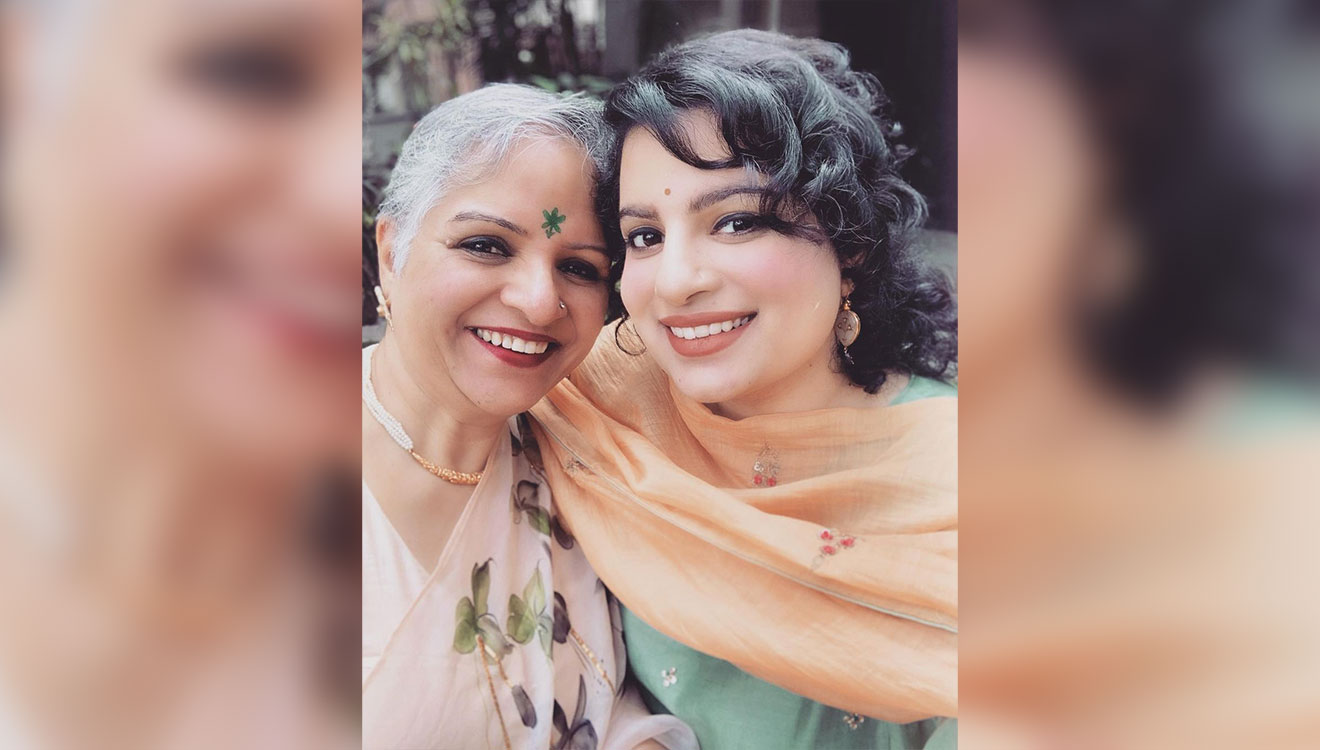The Editors Guild of India, the top association of editors from across the country, has sent a letter to Prime Minister Narendra Modi regarding the new Information Technology (Intermediary Guidelines and Digital Media Ethics Code) 2021 issued by the Centre.
Expressing concern over freedom of press, the Editors Guild tweeted two letters it had sent to the Prime Minister and another to the Union Ministers of Information and Broadcasting and Electronics and Information Technology on March 6 following the new rules issued on February 25.
According to the guidelines, the “news and current affairs publishers are expected to follow the journalistic conduct of Press Council of India and the Programme Code under the Cable Television Network Act, which are already applicable to print and TV”.
Further, the government has introduced the Code of Ethics and the Grievance Redressal Mechanism in a three-tier level- self-regulation by publishers, self-regulation by the self-regulating bodies of publishers, oversight mechanism (the government shall coordinate and facilitate with the first and second tiers).

Set up in 1978, the Editors Guild aims at “protecting press freedom and raising the standards of editorial leadership in media”.
“Part III of the Rules mandates that Digital News Media establish a Self-Regulating Mechanism to resolve grievances raised by any person and empowers the Government to delete, modify and block content published by Digital News Media,” read the statement.
“However, we have grave concerns regarding the Rules, which can fundamentally alter how news publishers operate over the internet and undermine the freedom of press in the country,” it read.
In Part III of the 29-page IT rules, Code of Ethics and Procedure and Safeguards in relation to Digital Media/Online Media pertains to publishers of news and current affairs content, publishers of online curated content, and intermediaries which primarily enable the transmission of both.
Criticising the three-tier mechanism to regulate the digital media with an “Inter-Departmental Committee” at the top, the Editors Guild wrote that through Rules 13, 14 and 15 (Oversight Mechanism) it gives “excessive powers being given to a government officer to block, modify and delete content”.
The association said that the “Inter-Departmental Committee” will “create a regressive and draconian structure with excessive powers to curb media freedom by the Executive” urging the ministry to revoke the structure and “initiate fresh consultations”.
“Various other provisions in these rules can place unreasonable restrictions on digital news media, and consequently media at large. These rules have been brought in without due consultation with the stakeholders and deepen the worry that freedom of press in India is being seriously compromised,” it further read.
The Editors Guild mentioned that it “affects the publishers’ Fundamental Right to Expression and the citizens’ right to access differing points of view, both guaranteed under Article 19 (1) (a) of the Constitution”.
The association mentioned that the rules were implemented under the IT Act, 2000 which “does not contemplate regulation of Digital News Media” and their concern is the Centre has introduced a “regime to regulate the functioning of the Digital News Media which impacts Freedom of Speech and Expression, without the Parliament’s approval”.
The Editors Guild has asked for “urgent” intervention into the matter from Modi to revoke the new rules and guidelines and look into the matter mentioned in details in the other letter sent to Union Minister Prakash Javadekar and Ravi Shankar Prasad mentioning that these rules are “complete against press freedom”.
3/3- The Editors Guild of India's letter to the Honorable Prime Minister Shri @narendramodi, Honorable Minister of @MIB_India, @PrakashJavdekar & @GoI_MeitY, @OfficeOfRSP regarding the new Information Technology rules notified on Feb 25th, 2021.@PMOIndia pic.twitter.com/E3W4oj0URh
— Editors Guild of India (@IndEditorsGuild) March 22, 2021
Ever since the Centre issued the new rules, there have been a series of petitions filed against them, letters sent to ministry and meetings held with them regarding the same.
Following the release of the draft, the Foundation for Independent Journalism, publisher of The Wire, filed a petition to strike down the new rules that pertain to regulating content on digital news media platforms as the elements and terms that are different and new in the IT Rules 2021, from its parent IT Act.
On March 9, The Delhi High Court issued a notice to the Centre based on The Wire’s petition.
On March 10, in another incident, the Kerala High Court passed an interim order restraining the Central government from taking any coercive action against the legal news portal Live Law for non-compliance with provisions under Part III of the new IT (Guidelines for Intermediaries and Digital Media Ethics Code) Rules 2021. Live Law had filed a writ petition in the court challenging the constitutional validity of the new IT Guidelines and Regulations stating them as “arbitrary, vague, disproportionate and unreasonable” restrictions on digital news media and social media intermediaries.
Recommended
On March 11, Javadekar held a meeting with the members of the Digital News Publishers Association (DNPA) including India Today, Dainik Bhaskar, Hindustan Times, Indian Express, Times of India, Ananda Bazar Patrika, Eenadu, Dainik Jagran, Lokmat, addressing the new rules that “placed certain responsibilities on digital news publishers”.
However, apart from the traditional print and television media, there are several exclusively digital publishers who were not present in the meeting. Mentioning them, Javadekar said in a press release issued: “Accordingly, the rules seek to cover the news on digital media so as to bring them at par with the traditional media” and also said that “they felt that they should be treated differently than those news publishers who are only on the digital platform”.



